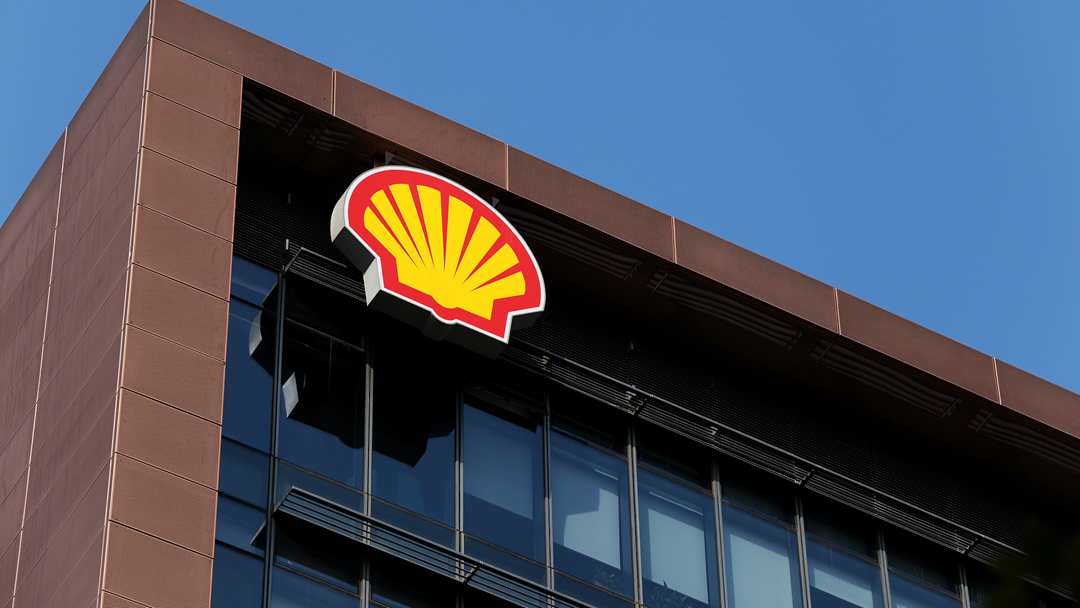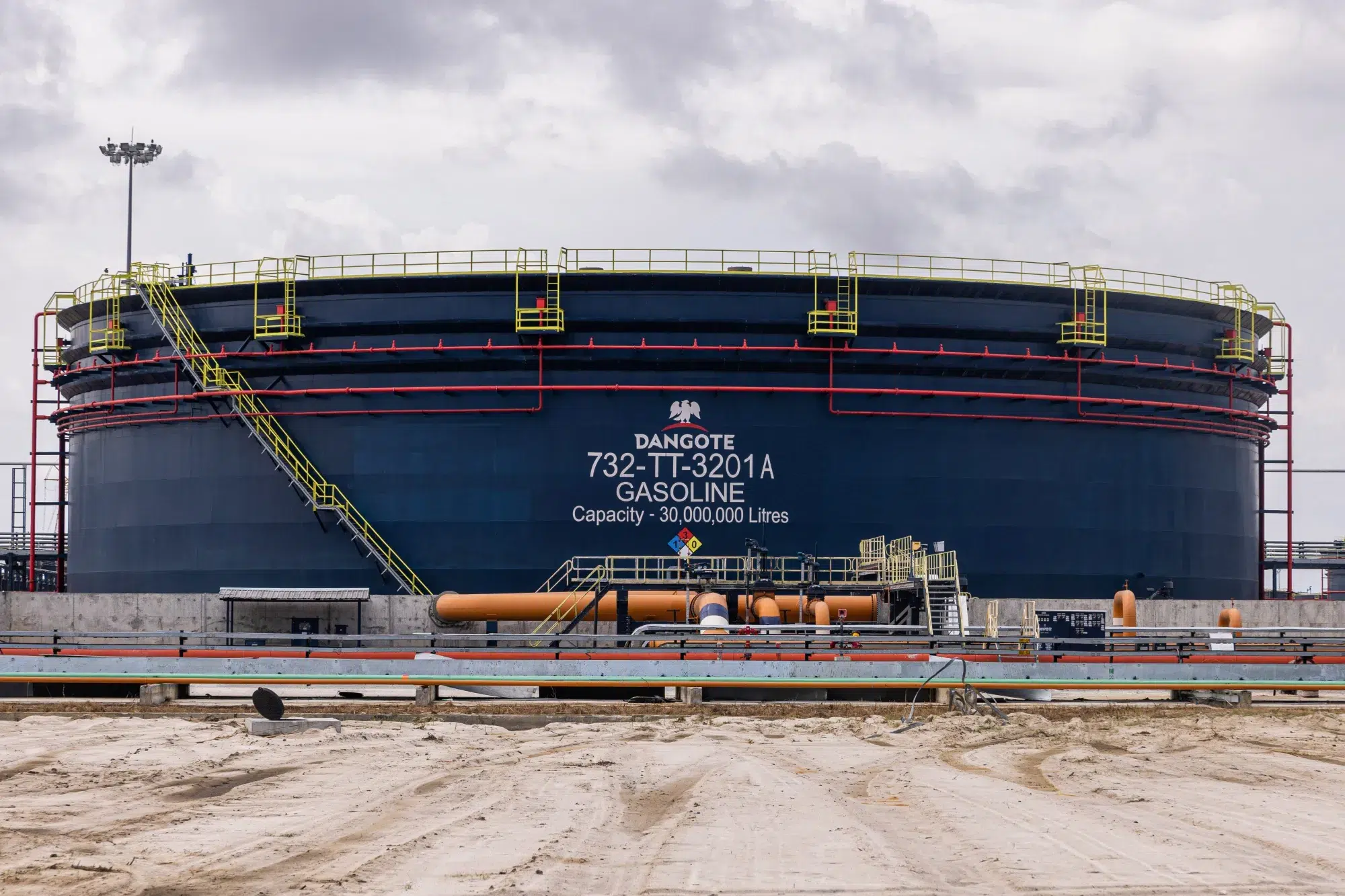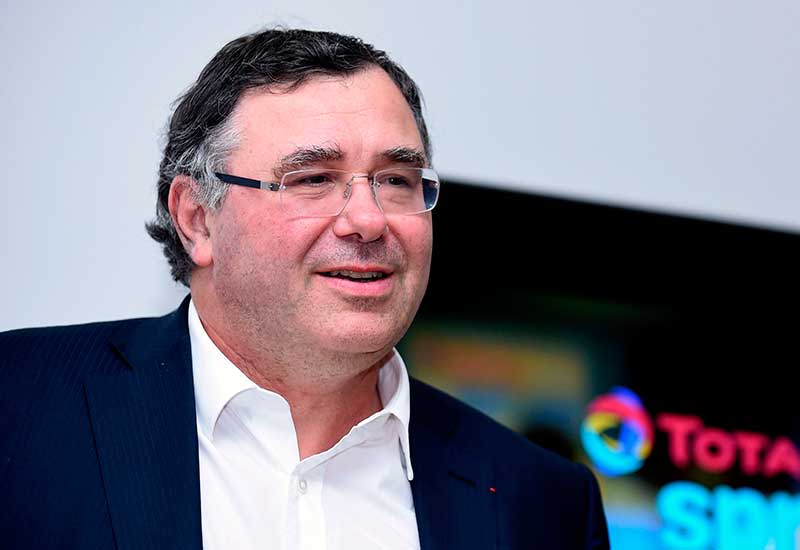The British oil giant Shell and the Department of Petroleum and Mineral Resources (DPMR) have filed to reverse the High Court ruling that prevented it from drilling off South Africa’s West Coast.
Local sources confirmed on Tuesday that the duo have filed for an appeal in a higher law court, hoping to overturn the judgment. This could be achieved either through the Supreme Court of Appeal or before a full bench of the High Court.
A few months ago, Shell received environmental authorization to drill up to five wells in the Northern Cape Ultra Deep (NCUD) oil and gas project.
However, the British giant’s dream to explore the prolific acreage stumbled in August when environmental groups and coastal communities launched a formal appeal against the government’s decision.
The groups, which comprise Green Connection, Natural Justice, and several others, claim a lack of due diligence in Shell’s Environmental and Social Impact Assessment Report (ESIAR).
“Shell wants to drill 3,200 metres below sea level, which is extremely harsh due to the crushing pressure that results at this depth, which is also always in darkness and consistently near-freezing,” said Neville van Rooy, Community Outreach Coordinator at the Green Connection.
Why the fuss about South Africa’s NCUD project
The NCUD project has the potential to help fill a significant share of this gas problem.
“If allowed to proceed, the proposed project will be the deepest offshore well in South Africa and the third deepest in the world,” van Rooy said.
Rooy said the government must consider detailed emergency response plans to curtail potential risks that may arise from the project in the future.
Specifically, the environmental groups argued that the final ESIAR underestimates the risk and scale of a blowout by relying on an unsupported 20-day oil spill scenario.
There are also questions over why communities affected by the project did not receive any consultation.
In July 2024, TotalEnergies announced its intention to withdraw from Blocks 5/6/7 and 11B/12B following the exit of its joint venture partner, Canadian Natural Resources International (CNRI).
TotalEnergies tactically exits NCUD
Following its successful campaign in Namibia, TotalEnergies began seeking applications to explore the nearby South African Coast.
The French oil giant recorded a promising preliminary outcome in several fields including the NCUD, now transferred to Shell.
TotalEnergies (Teepsa) contemplated relinquishing the license after social groups filed a judicial review at the Western Cape High Court in May 2025, challenging the permit to drill.
In recent week, the French company has shown little interest in the attempt to reinstate the exploration permit, rather choosing to remain in the background.
Shell says finding resources in the area could improve the nation’s energy security and support economic development.
The company, which recently divested its downstream business in South Africa, has faced legal backlash in its exploration campaign in the country.
In 2024, the Constitutional Court upheld a High Court’s ruling to upend exploration rights given to Shell off the country’s Wild Coast.
But whether the West Coast battle would be another Wild Coast remains to be seen.
On the other hand, TotalEnergies has suspended its exploration plans for South Africa till next year.
The company’s Senior Vice President (Africa), Mike Sangster, stated that drilling activities will commence once all required regulatory permits are secured.
Meanwhile, Australia’s Kinetiko Energy has resumed a drilling campaign at its onshore gas project in the country as part of a pilot LNG project that is scheduled for commissioning in late 2026.
The operation is situated close to Kinetiko’s five existing gas-producing wells.
The company initially encountered inhibited flow problems but is now deploying revised methods to achieve consistent and enhanced gas deliverability.








